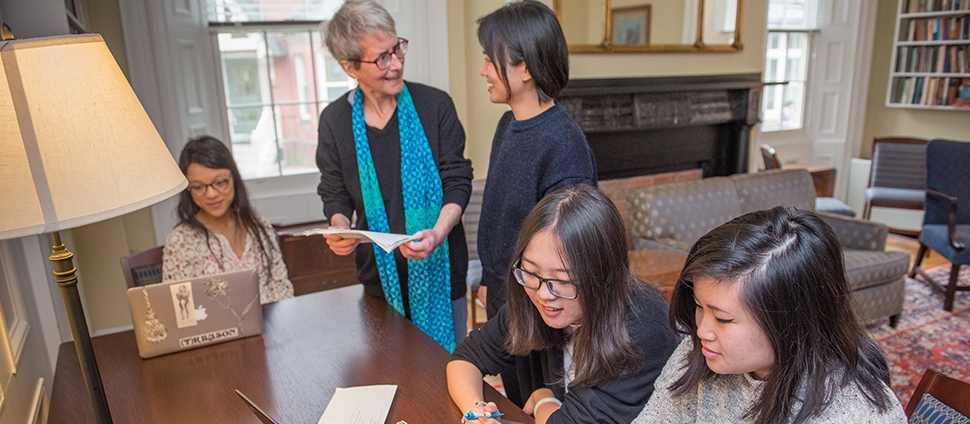Document Type
Article
Publication Date
2014
Publication Title
Studies in Theoretical Psycholinguistics
Abstract
The focus of this chapter is in what role syntactic recursion might play in the representation of propositional attitudes. Syntactic complements under mental and communication verbs are recursive, and so also are the propositional attitudes. There is strong evidence that children take some time to master the first order syntactic complementation typical of verbs of communication. When they do acquire these structures, the evidence suggests that this helps children reason about propositional attitudes such as false beliefs. In this chapter we seek to deepen our understanding of the crucial property of sentential and attitude embedding. Is the crucial aspect that the truth value of the complement differs from that of the embedded clause, or is it that both the sentence forms and the propositional attitudes are recursive? We show that new insight can be gained by examining higher order levels of both sentence embedding and propositional attitudes. Based on some empirical data on second order complements and propositional attitude reasoning in children, we propose that truth contrasts between clauses may provide a crucial trigger for recursive complements.
Keywords
Language acquisition, False beliefs, Propositional attitude, Complement, Speech act verb, Attitude embedding
Volume
43
DOI
10.1007/978-3-319-05086-7__10
Rights
© Springer International Publishing Switzerland 2014
Version
Version of Record
Recommended Citation
de Villiers, Jill; Hobbs, Kathryn; and Hollebrandse, Bart, "Recursive Complements and Propositional Attitudes" (2014). Philosophy: Faculty Publications, Smith College, Northampton, MA.
https://scholarworks.smith.edu/phi_facpubs/29


